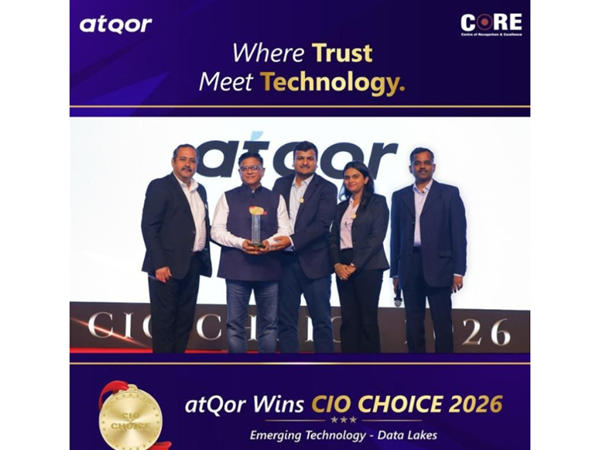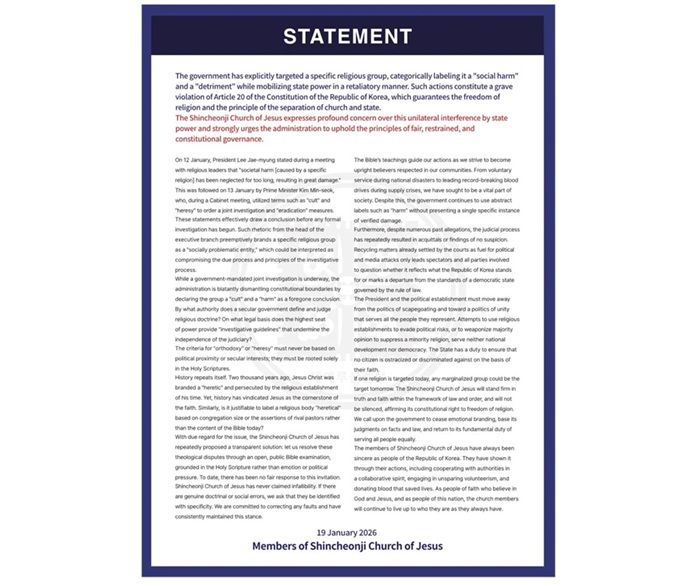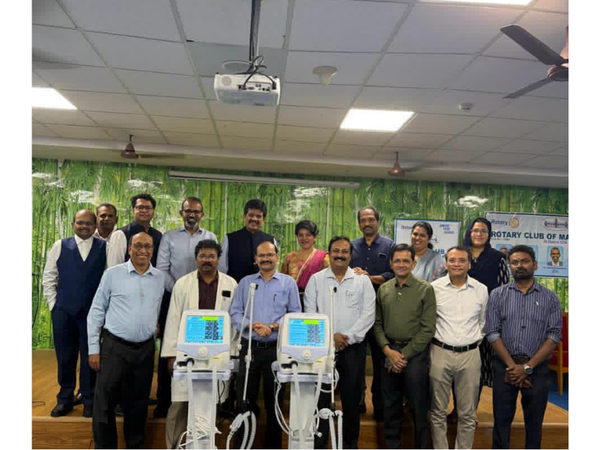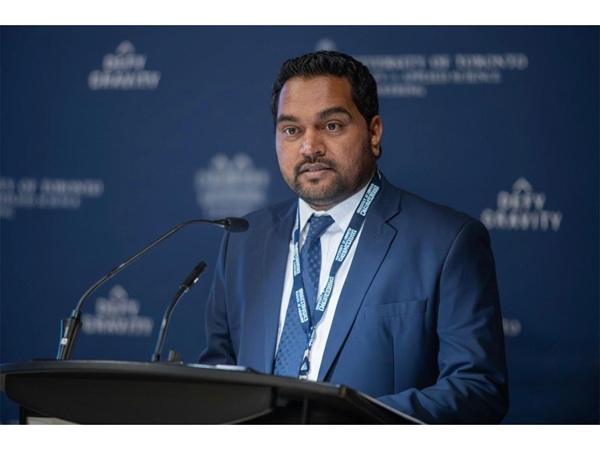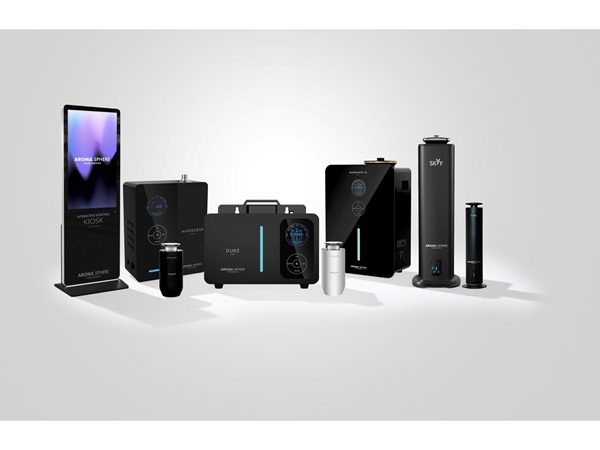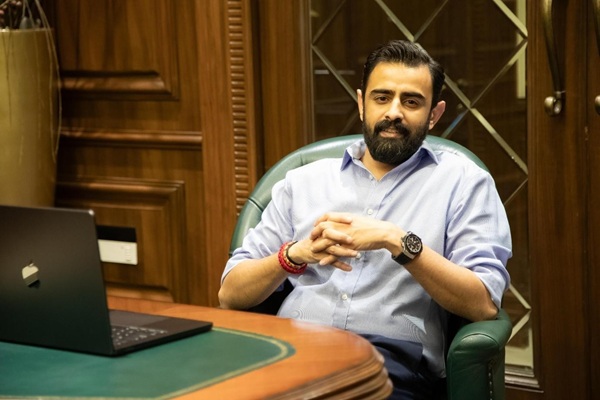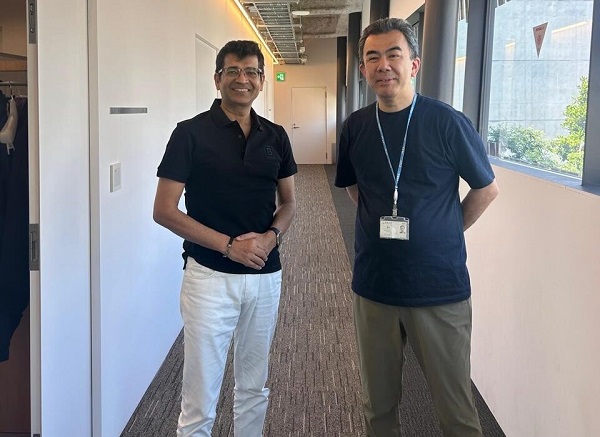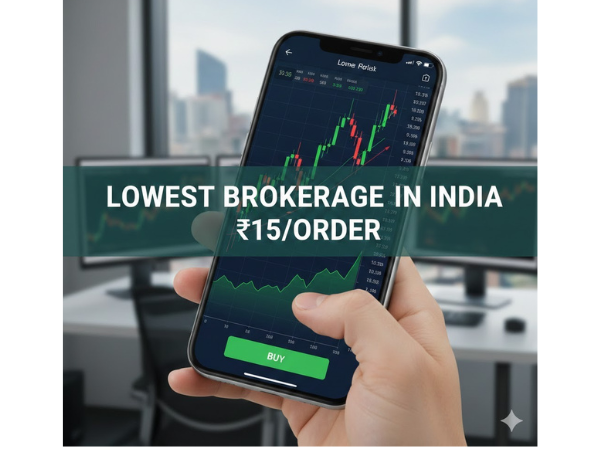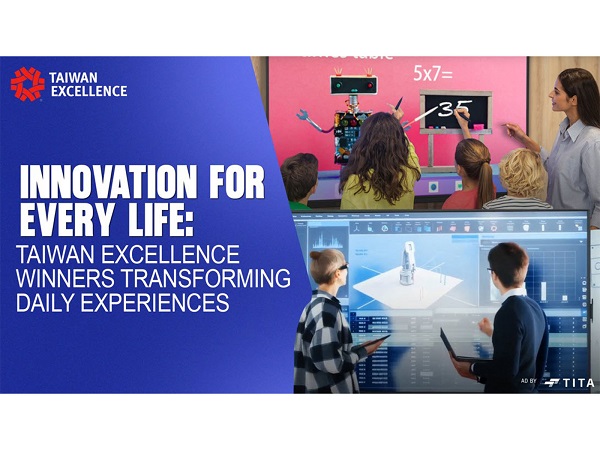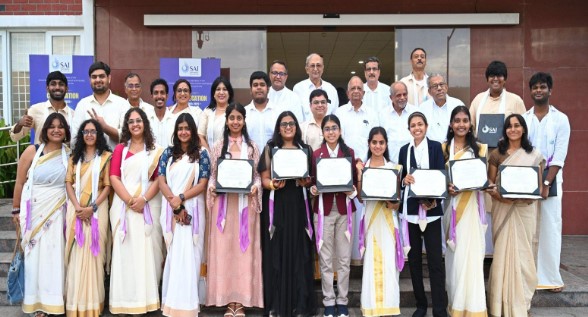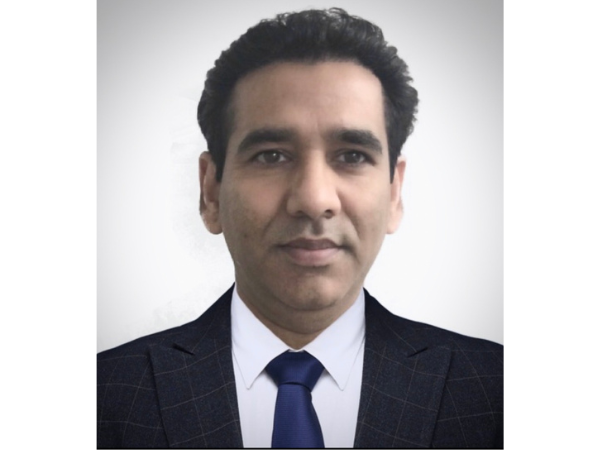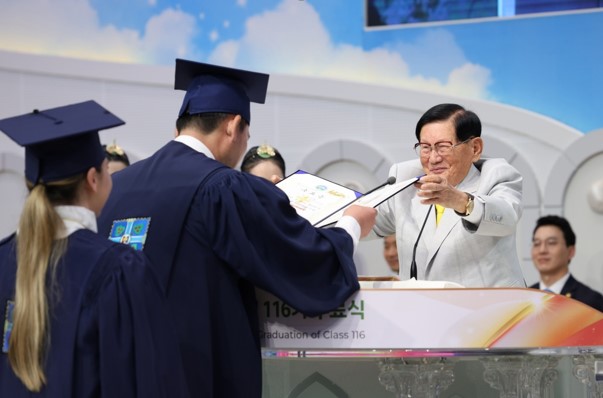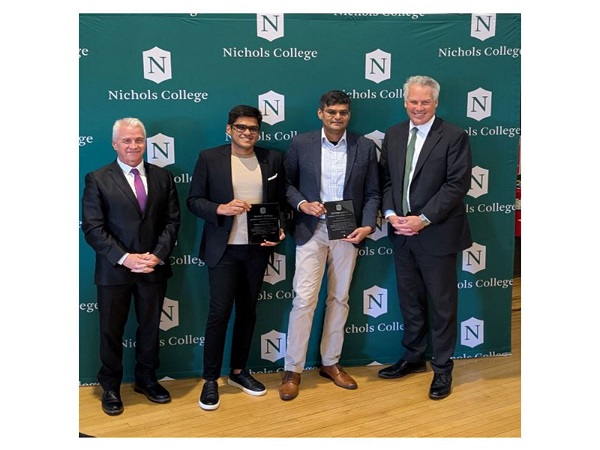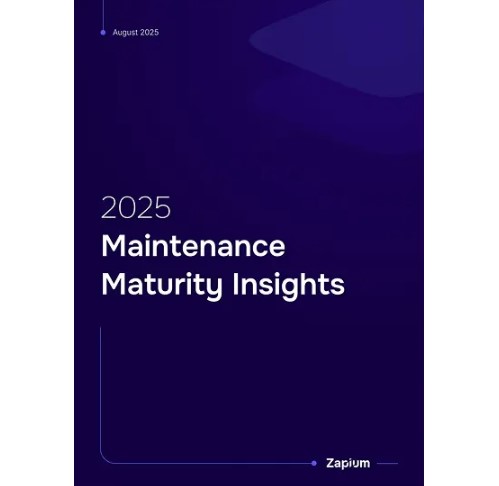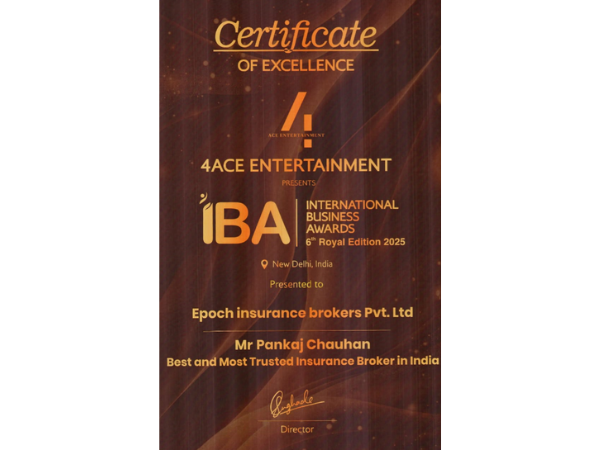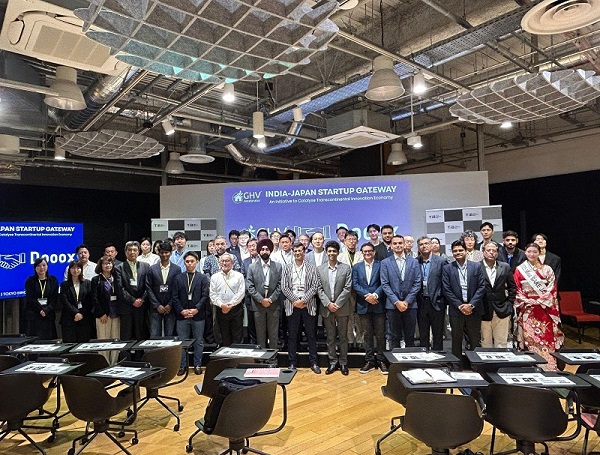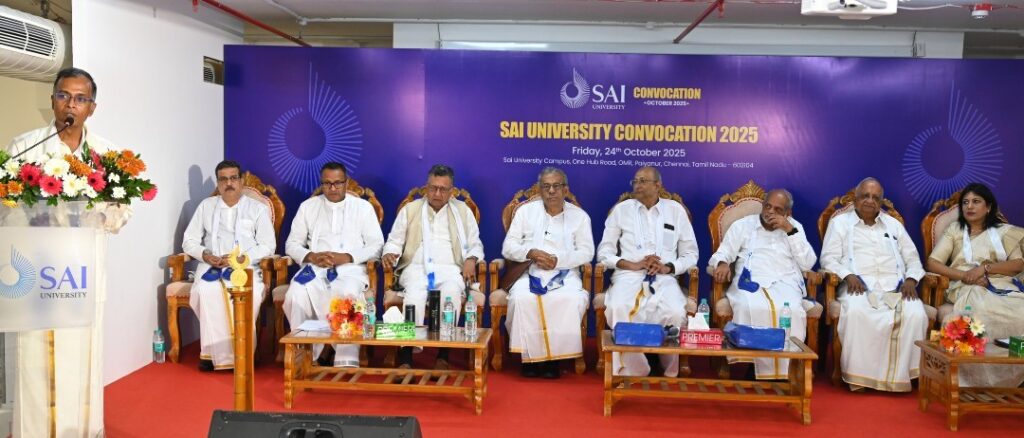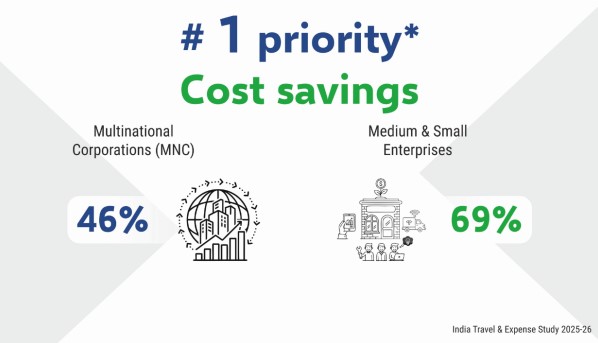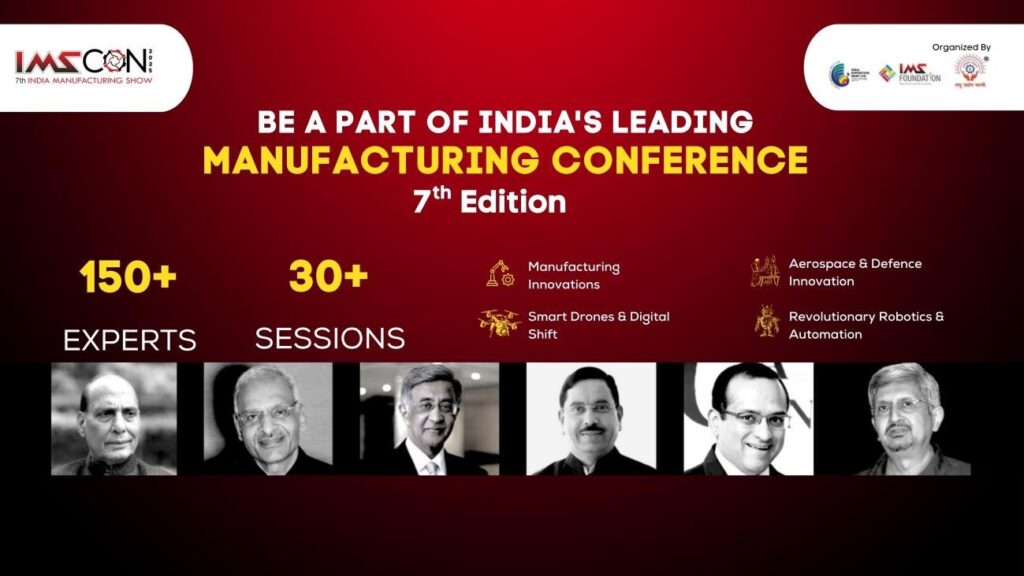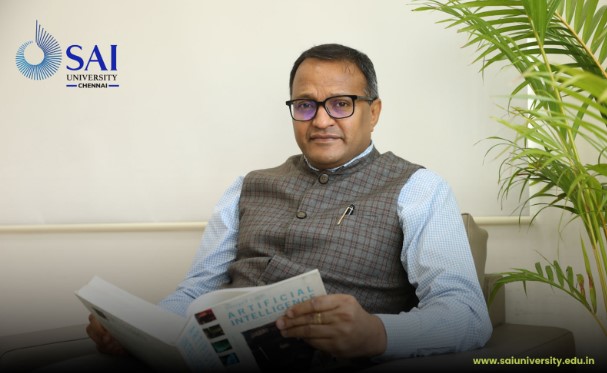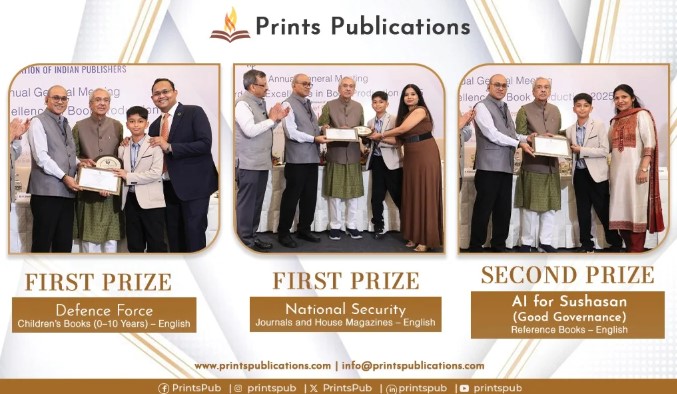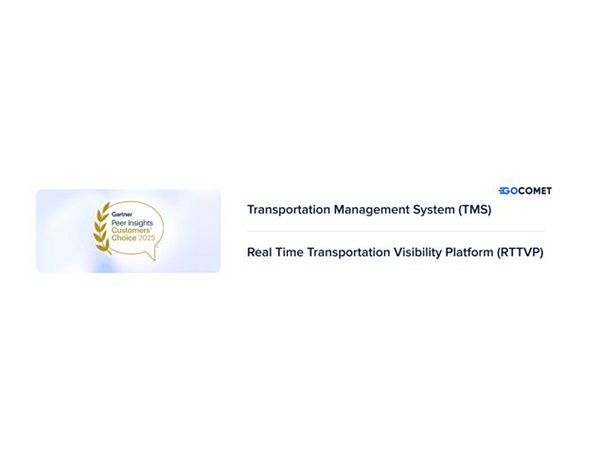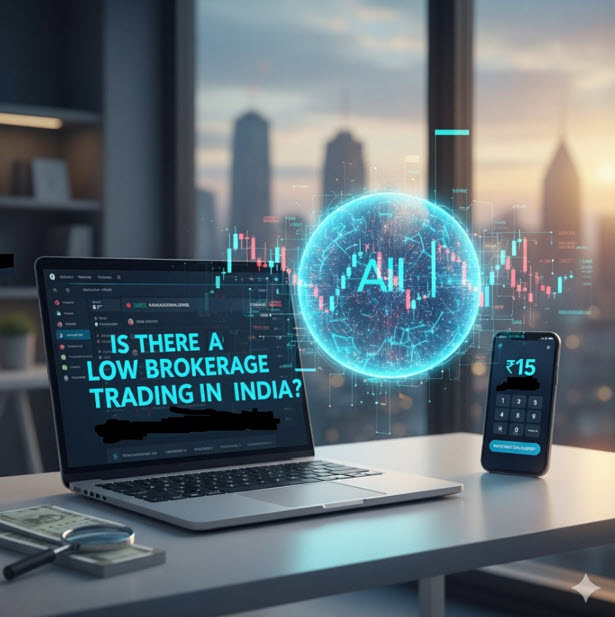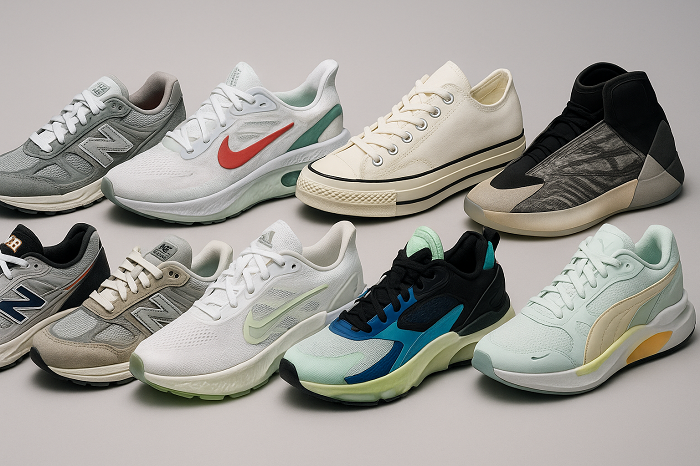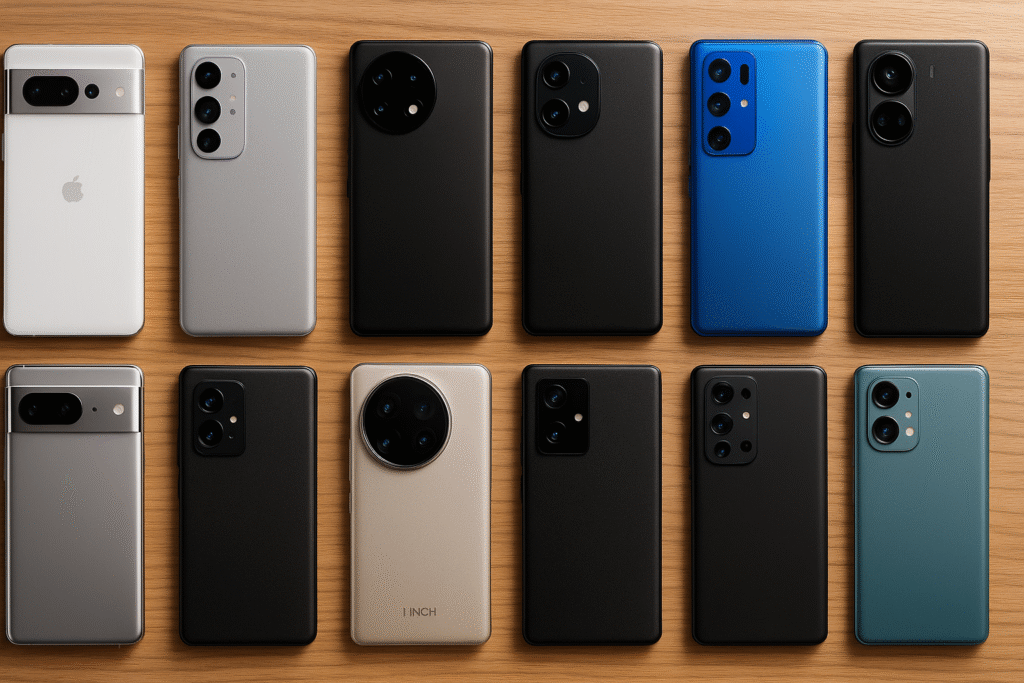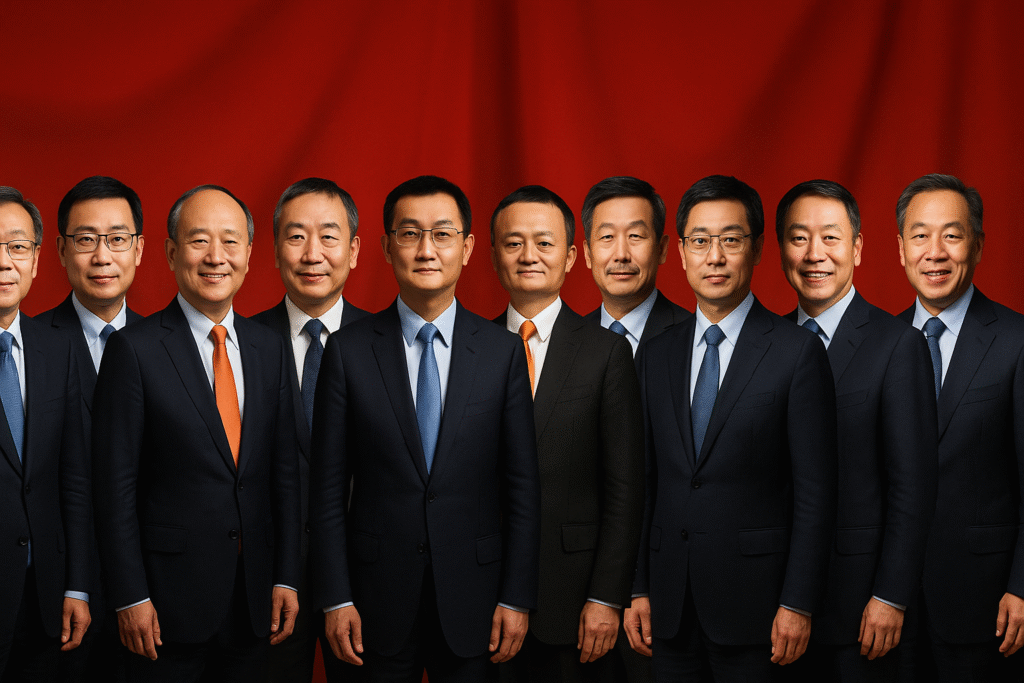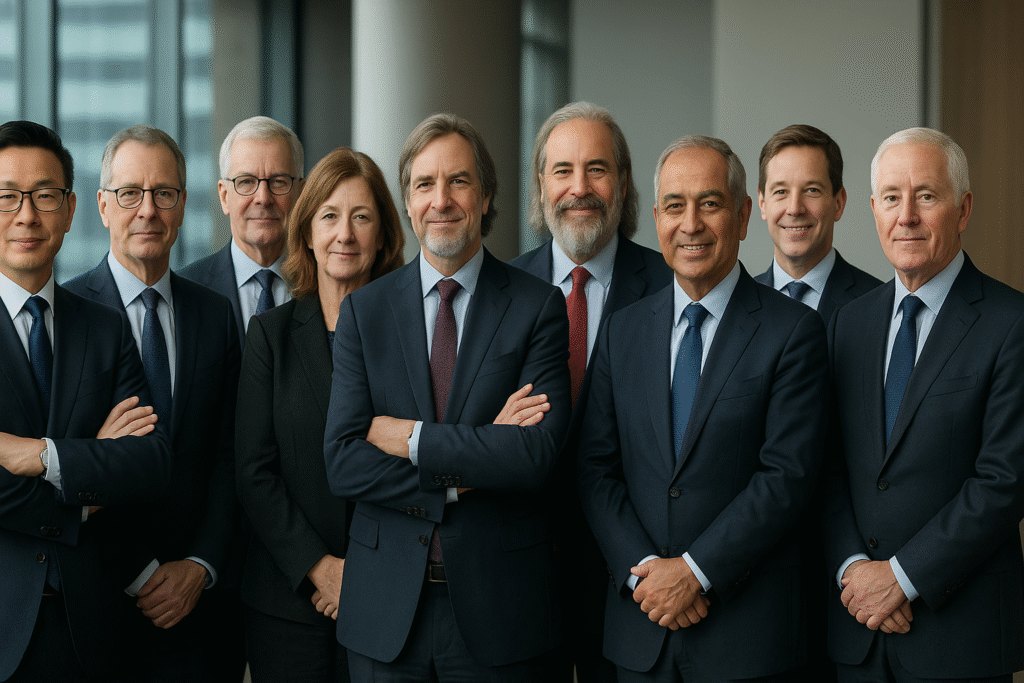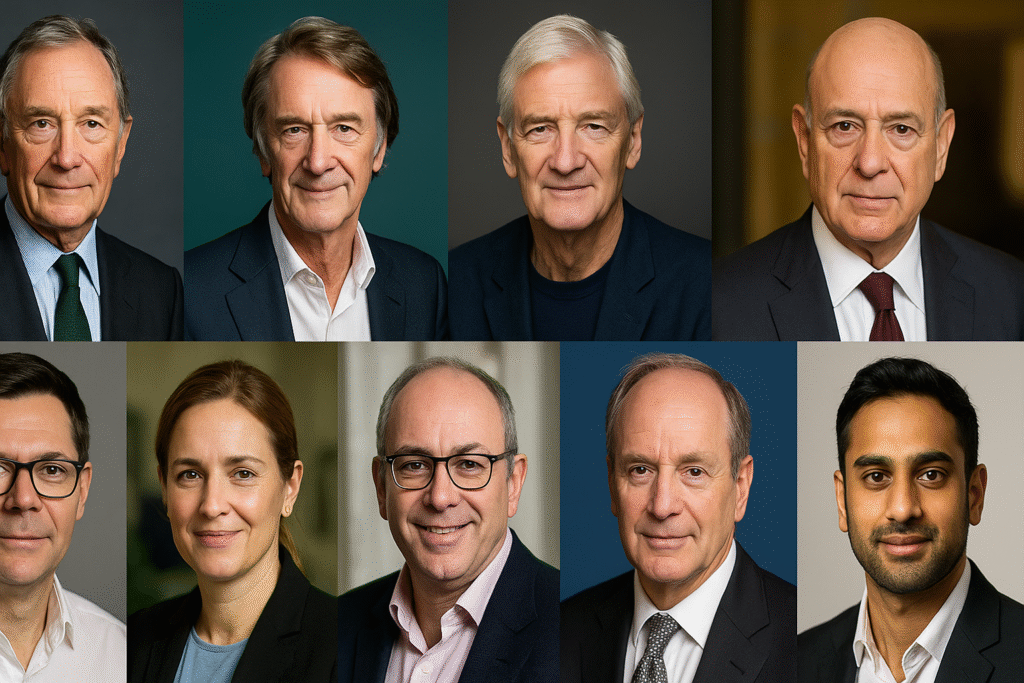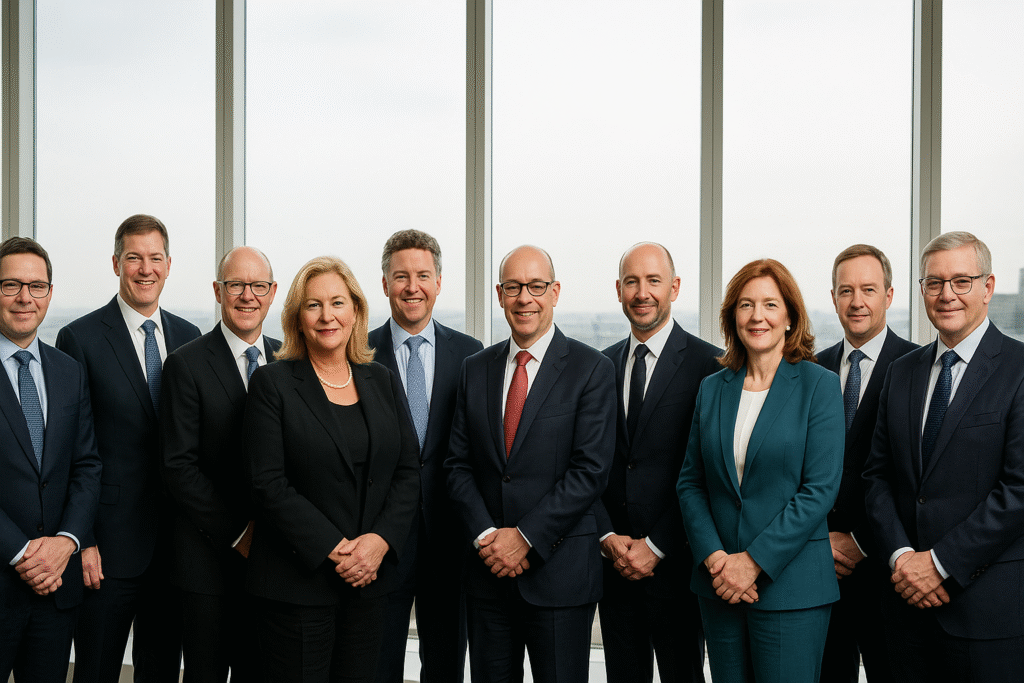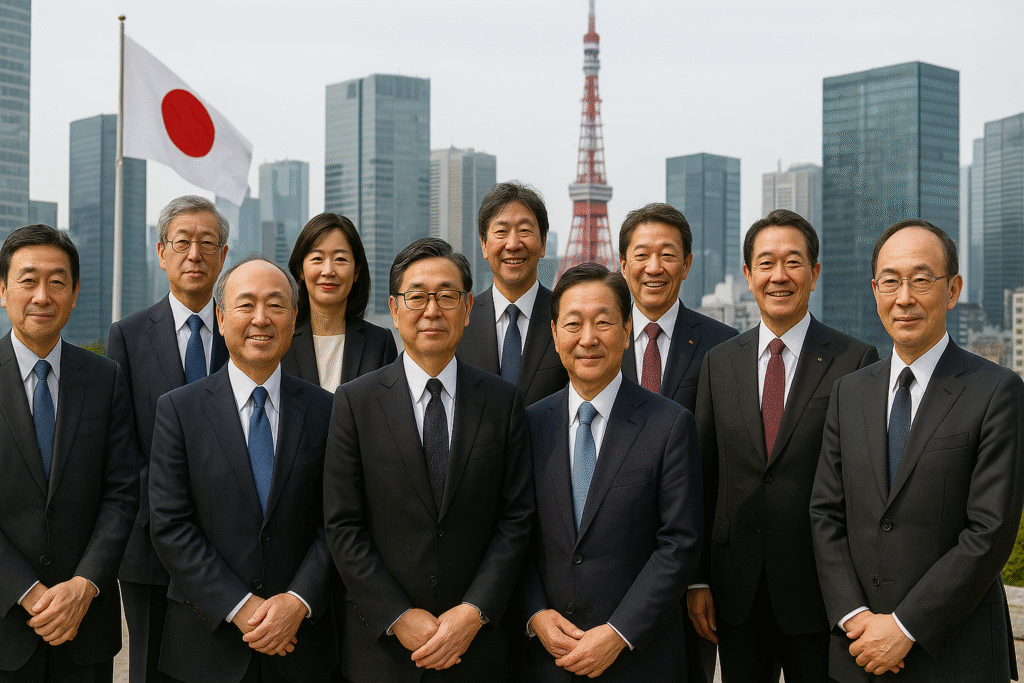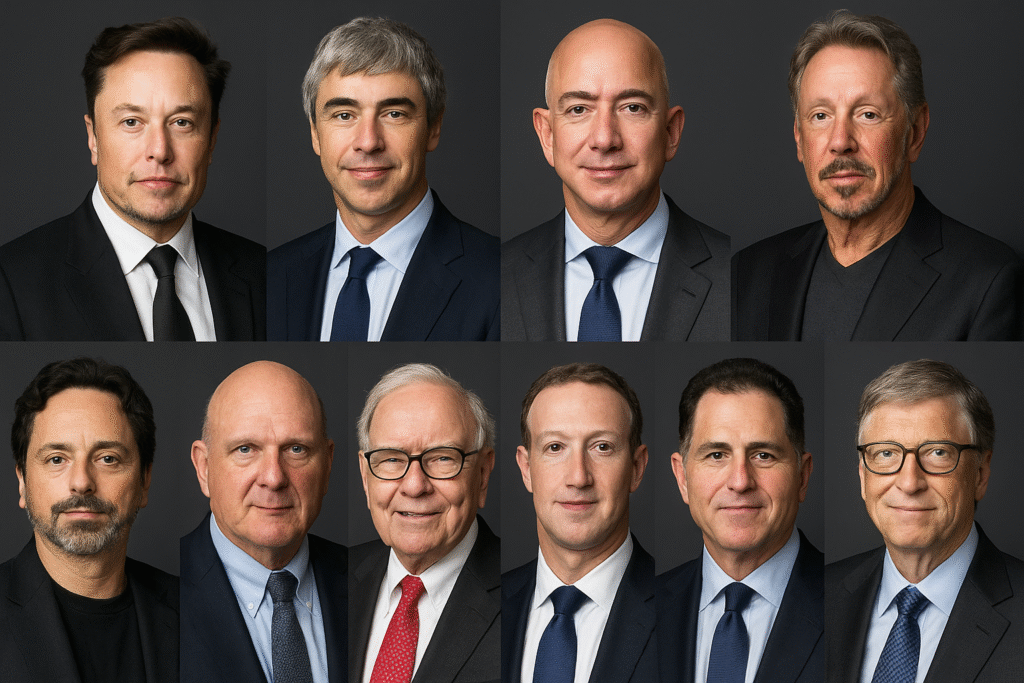Top 10 Richest CEOs in Japan 2025
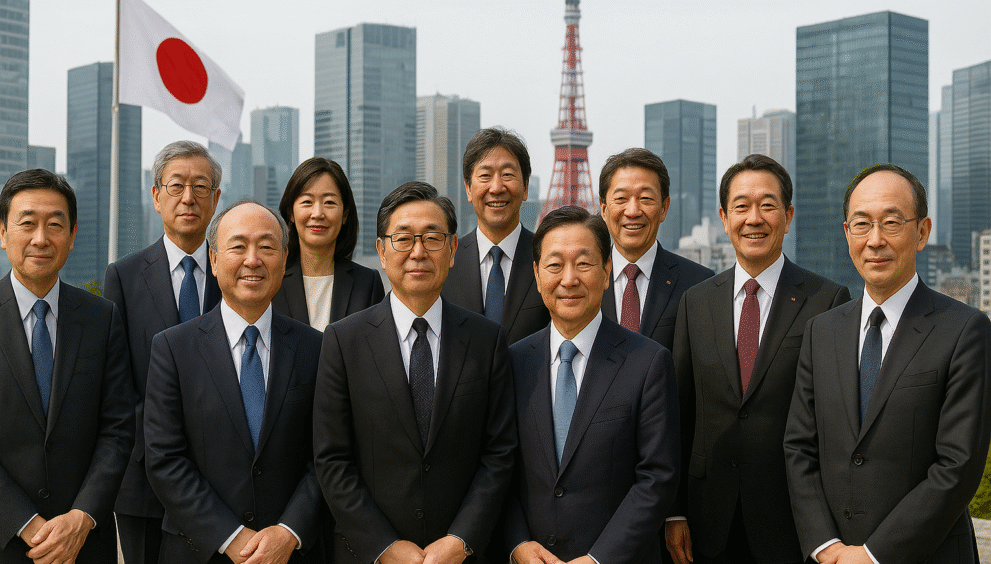
Japan has long been home to some of the world’s most influential business leaders, shaping industries that range from technology and automotive to finance and retail. As we step into 2025, the spotlight is on the richest CEOs in Japan, whose leadership and vision continue to drive innovation and economic growth. These individuals are not only at the helm of powerful corporations but also play a critical role in the global economy. Their wealth reflects decades of business acumen, strategic decision-making, and the ability to navigate challenges in a competitive market. This article provides a comprehensive look at the top 10 richest CEOs in Japan 2025, their companies, industries, and the factors contributing to their immense fortunes.
The Business Landscape in Japan
Japan remains the third-largest economy in the world and is known for its technological innovations, strong manufacturing base, and global influence. From Toyota to SoftBank, Japanese corporations command respect on the international stage. In recent years, CEOs have become more than just corporate leaders, they are icons of strategy, adaptability, and resilience. Their wealth often stems not only from salaries but also from stock ownership, equity stakes, and investments. With shifting consumer behavior, technological advancements, and international trade, the role of these CEOs has grown more significant than ever.
Top 10 Richest CEOs in Japan 2025
1. Masayoshi Son, CEO of SoftBank Group
Masayoshi Son continues to dominate the list as Japan’s wealthiest CEO. Known for his bold investments in technology and startups worldwide, Son’s fortune is largely tied to his stake in SoftBank and its Vision Funds. In 2025, his net worth has been boosted by strong returns from investments in artificial intelligence, fintech, and robotics. His strategic bets on emerging technologies have solidified his reputation as one of the most visionary leaders in global finance and technology.
2. Akio Toyoda, CEO of Toyota Motor Corporation
Leading one of the most recognizable brands in the automotive industry, Akio Toyoda remains a central figure in Japan’s business scene. Under his leadership, Toyota has expanded aggressively into electric vehicles and autonomous driving technology. His personal fortune has grown as Toyota stock continues to perform strongly, driven by global demand for sustainable mobility solutions and Toyota’s dominance in hybrid and EV markets.
3. Tadashi Yanai, CEO of Fast Retailing (Uniqlo)
Tadashi Yanai is the founder and CEO of Fast Retailing, the parent company of Uniqlo, which has become a household name across the globe. In 2025, Yanai’s wealth has soared thanks to the company’s expansion into new international markets, its innovative supply chain strategies, and a surge in online retail sales. His success highlights how Japanese retail giants are competing effectively with Western counterparts by focusing on affordability, quality, and efficiency.
4. Shigetaka Komori, CEO of Fujifilm Holdings
Shigetaka Komori has transformed Fujifilm from a photography company into a global leader in healthcare, biotechnology, and imaging solutions. This pivot has dramatically increased the company’s valuation, boosting Komori’s personal wealth. In 2025, Fujifilm is one of the top players in medical imaging and pharmaceuticals, making Komori one of the most respected CEOs in Japan.
5. Yoshihiko Miyauchi, CEO of Orix Corporation
Yoshihiko Miyauchi, who has been associated with Orix for decades, is recognized for building one of Japan’s largest financial services groups. With diversified operations in leasing, asset management, and energy, Orix has performed strongly in 2025. Miyauchi’s leadership and equity stake in the company have ensured his place among Japan’s richest CEOs.
6. Hiroshi Mikitani, CEO of Rakuten Group
As the founder of Rakuten, Hiroshi Mikitani has built a powerful e-commerce and fintech empire that rivals global giants. His wealth in 2025 has been strengthened by Rakuten’s expansion in digital banking, mobile networks, and international partnerships. Mikitani’s influence extends beyond Japan, and his vision for a connected digital economy has significantly shaped his fortune.
7. Nobuhiro Endo, CEO of NEC Corporation
Nobuhiro Endo has guided NEC Corporation through a transformative phase, with the company excelling in digital solutions, IT services, and public infrastructure systems. His leadership has revitalized NEC’s market presence, and the rise in share value has contributed to his growing wealth. Endo’s strategy to focus on smart city solutions and cybersecurity has paid off handsomely in 2025.
8. Ken Kobayashi, CEO of Mitsubishi Corporation
Ken Kobayashi represents the power of Japan’s trading conglomerates, known as sogo shosha. As the CEO of Mitsubishi Corporation, he has overseen global investments in energy, natural resources, and industrial solutions. The company’s steady financial performance has significantly increased Kobayashi’s personal fortune, keeping him among the top ten wealthiest CEOs.
9. Junichiro Ikeda, CEO of Mitsui O.S.K. Lines
Junichiro Ikeda leads one of the largest shipping companies in the world. The surge in global trade and shipping demand has amplified his wealth in 2025. By adopting eco-friendly vessels and digital logistics systems, Ikeda has ensured Mitsui O.S.K. Lines remains competitive, while his personal net worth continues to rise.
10. Takeshi Niinami, CEO of Suntory Holdings
Takeshi Niinami has been instrumental in expanding Suntory’s global footprint in beverages, including its successful acquisitions of foreign brands. His leadership in diversifying the company’s product portfolio, from whiskey to soft drinks, has fueled financial growth. In 2025, Niinami’s fortune reflects Suntory’s international success and strong brand identity.
What Makes These CEOs Stand Out
The richest CEOs in Japan 2025 are not just wealthy, they represent resilience, innovation, and adaptability. Many of them have diversified their companies into new sectors, embracing sustainability, digital transformation, and globalization. Their wealth is a direct reflection of their ability to anticipate trends, make bold investments, and sustain long-term growth.
Conclusion
Japan’s richest CEOs in 2025 highlight the nation’s ability to produce world-class leaders who influence global markets. From technology pioneers like Masayoshi Son to retail innovators like Tadashi Yanai, these leaders showcase the diversity of Japanese enterprise. Their stories are a reminder that vision, strategy, and adaptability are the cornerstones of success in today’s fast-changing business environment. As Japan continues to play a critical role in the world economy, the influence and fortunes of these CEOs are likely to grow further in the years ahead.





